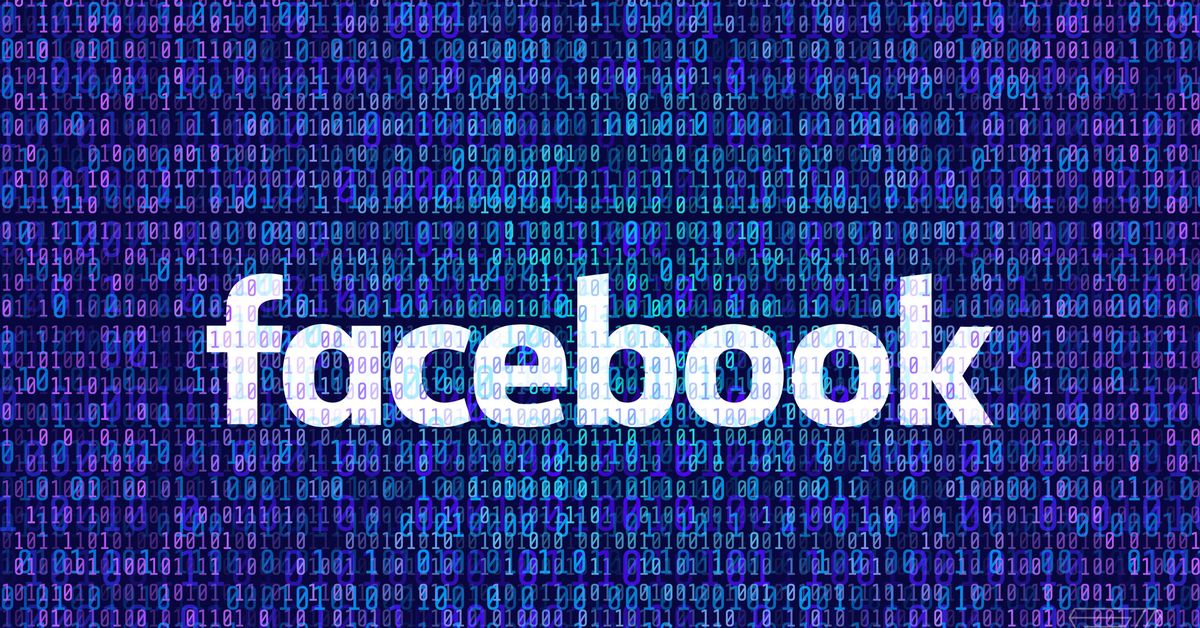Facebook outlines plans to curb anti-vax conspiracy theories

Under fire for serving up anti-vaccine propaganda, Facebook announced today that it will remove groups and pages that share anti-vaccine misinformation from its recommendations. The company also pledged that it will stop allowing advertisers to target people who Facebook’s advertising algorithm identifies as interested in “vaccine controversies.”
The news comes three weeks after Rep. Adam Schiff (D-CA) sent a stern letter to Facebook CEO Mark Zuckerberg, criticizing Facebook and Instagram for “surfacing and recommending messages that discourage parents from vaccinating their children.” When kids don’t get vaccinated due to thoroughly debunked myths that vaccines cause diseases like autism, dangerous diseases like measles can spread. Schiff called this “a direct threat to public health.”
One major problem area is Facebook groups where fear-mongering misinformation about vaccines can bounce around in a pseudoscientific echo chamber, The Guardian reported last month. Today, Facebook pledged to stop promoting anti-vax groups and pages in recommendations and in predictions in the search box. The company also promised to make it harder to find them through search or in the News Feed.
When asked why Facebook didn’t remove these groups and pages altogether, a Facebook spokesperson told The Verge, “Counter-speech in the form of accurate information can help create a safer and more respectful environment. As with a lot of our integrity efforts, striking the balance between enabling free expression of opinion and ensuring the safety of the community is something we are fully committed to.”
Leaving groups and pages of known anti-vaccine groups on Facebook, however, still means that parents can find them, according to Peter Hotez, dean of the National School of Tropical Medicine at Baylor College of Medicine and author of the book Vaccines did not cause Rachel’s autism. He suggests that Facebook hire a chief scientific officer and staff who can weed through vaccine content and remove the misinformation. “There has to be recognition that the anti-vaccine movement is harmful to children, and they need to protect our nation’s children by taking down those sites,” he says.
Groups and pages aren’t the only places where vaccine misinformation has been spreading on Facebook, however. The Daily Beast also discovered that advertisers were targeting paid anti-vaccine messages at demographics “most likely to include mothers.” The ads even turned up in Washington state, The Daily Beast reports, the site of an ongoing measles outbreak. In his letter, Schiff asked Facebook to explain how much money the company brought in from anti-vax ads in the past year.
The plans Facebook announced today include turning away anti-vax advertisements. “We also removed related targeting options, like ‘vaccine controversies,’” Facebook wrote in the blog post. That means advertisers can no longer single out people who Facebook’s advertising algorithm identifies as interested in key phrases related to known vaccine conspiracy theories, like the myth that vaccines can cause autism.
Some platforms have done better jobs than others at countering the spread of misinformation. For example, Pinterest led the way when it prohibited “promotion of false cures for terminal or chronic illnesses and anti-vaccination advice,” The Guardian reports. That meant eliminating boards for known anti-vax groups and preventing searches for things like “vaccines” from turning up results.
In its announcement, Facebook vaguely spoke about plans to surface evidence-based information about vaccines from authoritative sources in vaccine-related search results, pages, and groups. Those plans are still in the works, however, and Facebook didn’t provide more details. “I think all of these things are good things to do, but I’m not yet convinced that this really gets our arms around the big pieces of damage that Facebook is doing,” Hotez says.
*** This article has been archived for your research. The original version from The Verge can be found here ***


